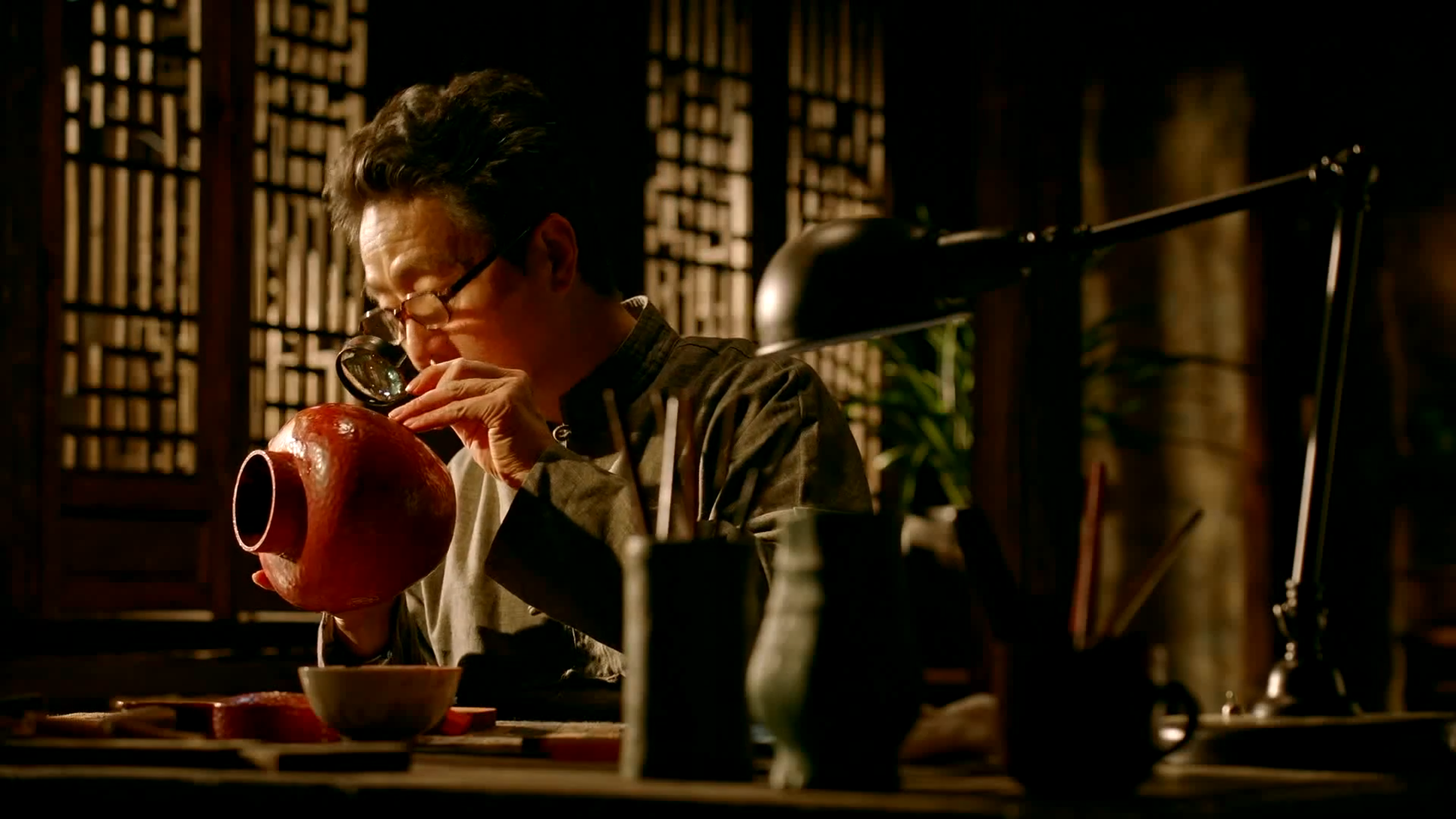
WHERE BREATH BECOMES FORM
Featured products
-
Natural Lacquer Artisan Bracelet(Ambered Oak)
Regular price From $128.00 USDRegular priceUnit price / per$199.00 USDSale price From $128.00 USDSale -
Natural Lacquer Artisan Bracelet(Blizzard Rouge)
Regular price From $128.00 USDRegular priceUnit price / per$199.00 USDSale price From $128.00 USDSale -
Natural Lacquer Artisan Bracelet(Dunhuang Ember)
Regular price From $168.00 USDRegular priceUnit price / per$199.00 USDSale price From $168.00 USDSale -
Natural Lacquer Artisan Bracelet(Garnet Tide)
Regular price From $128.00 USDRegular priceUnit price / per$199.00 USDSale price From $128.00 USDSale -
Natural Lacquer Artisan Bracelet(Imperial Haze)
Regular price From $128.00 USDRegular priceUnit price / per$199.00 USDSale price From $128.00 USDSale -
Natural Lacquer Artisan Bracelet(Inkwell Depths)
Regular price From $128.00 USDRegular priceUnit price / per$199.00 USDSale price From $128.00 USDSale -
Natural Lacquer Artisan Bracelet(Jade Frost)
Regular price From $128.00 USDRegular priceUnit price / per$199.00 USDSale price From $128.00 USDSale -
Natural Lacquer Artisan Bracelet(Patina Dream)
Regular price From $128.00 USDRegular priceUnit price / per$199.00 USDSale price From $128.00 USDSale
FAQ: Lacquer Bracelets
What is lacquerware?
Lacquerware refers to objects crafted using natural lacquer (Da Qi), encompassing various traditional techniques. Our products primarily feature three artisan methods:
- Rhinoceros Skin Lacquer (natural texture patterns)
- Opal Inlay (precious opal stones)
- Mother-of-Pearl Inlay (shell)
Is natural lacquer toxic?
Natural lacquer is an eco-friendly, non-toxic sap harvested from lacquer trees. Once cured, the lacquer film becomes chemically stable and safe for daily wear.
Note: Harvesting is exceptionally labor-intensive – historically, "a thousand cuts over a hundred miles yield just half a kilogram of lacquer."
Will DIY crafting cause allergies?
- Direct contact with raw lacquer may cause allergic reactions (varying in severity).
- Finished bracelets have fully cured lacquer films where allergens become inactive, making them safe to wear.
- Always wear protective gloves during the DIY process.
Why does the lacquer color brighten over time?
Natural lacquer exhibits "color blooming": New pieces appear darker initially but gradually develop a deeper luster and translucency through use and friction. This contrasts sharply with synthetic lacquers that fade or dull.
Why does production take 60-90 days?
- Each lacquer layer requires 2-3 days to air-dry under controlled temperature/humidity.
- Creating the base texture ("Twisting") demands 15+ days of curing.
- Standard pieces: ~20 layers (≈60 days)
Premium pieces: 30-40 layers (≈90 days)
How long is the DIY experience?
The hands-on polishing process takes3-4 hours. We recommend working meticulously to avoid damaging the lacquer layers.
How to assess Rhinoceros Skin Lacquer quality?
Examine the polished concentric rings:More rings indicate higher lacquer applications, signifying greater durability and craftsmanship. Beginners may start with entry-level pieces.













